If you've noticed small black specks in the water coming from your kitchen sink, you're not alone. This is a common issue that many homeowners face, and it can be caused by a variety of factors. One of the most common causes of black specks in water from the kitchen sink is the breakdown of the rubber gaskets inside your faucet. Over time, these gaskets can deteriorate and small pieces can break off, resulting in those pesky black specks in your water. Another possible cause is the buildup of minerals and sediment in your pipes. This can happen over time and can result in tiny particles breaking off and making their way into your water supply. No matter the cause, it's important to address this issue as soon as possible to ensure the safety and quality of your water.1. Causes of Black Specks in Water from Kitchen Sink
The first step to getting rid of black specks in your kitchen sink water is to identify the source of the problem. If it's coming from your faucet, you may need to replace the gaskets or clean out any buildup inside the faucet itself. If the specks are coming from your pipes, you may need to call a professional plumber to clean them out or replace any damaged pipes. It's important to address this issue promptly to prevent any further contamination of your water supply. You can also try flushing out your pipes by running hot water through your kitchen sink for several minutes. This can help dislodge any buildup and clear out your pipes.2. How to Get Rid of Black Specks in Water from Kitchen Sink
If you're looking for a DIY solution to remove black specks from your kitchen sink water, there are a few methods you can try. One option is to install a faucet filter, which can help catch any particles before they make their way into your water. Another DIY solution is to use a water softener or filter for your entire home. This can help reduce the buildup of minerals and sediment in your pipes, resulting in cleaner and clearer water. You can also try regularly cleaning your faucet and pipes with a mixture of vinegar and water to remove any buildup and prevent black specks from forming.3. DIY Solutions for Black Specks in Water from Kitchen Sink
Aside from the gaskets and buildup in your faucet and pipes, there are other common household items that can contribute to black specks in your kitchen sink water. One such item is your water heater. Over time, sediment can build up in your water heater and make its way into your pipes, resulting in those pesky black specks. Regularly flushing out your water heater can help prevent this issue. Another culprit could be your dishwasher. If the dishwasher is not cleaned regularly, food particles and buildup can accumulate and make their way into your water supply. Make sure to regularly clean and maintain your dishwasher to prevent this from happening.4. Common Household Items That Can Cause Black Specks in Water from Kitchen Sink
If you're unable to resolve the issue on your own, it may be time to call in a professional plumber. They have the expertise and tools to properly diagnose and fix the issue. A plumber can clean out your pipes, replace any damaged parts, and ensure that your water supply is safe and free from black specks. It's important to hire a reputable and experienced plumber to ensure the job is done correctly.5. Professional Plumbing Services for Black Specks in Water from Kitchen Sink
While black specks in your water may not necessarily be harmful, it's important to address the issue to ensure the safety of your water supply. If the specks are coming from your pipes, it could be a sign of corrosion or other issues that could affect the quality of your water. If the specks are coming from your faucet, it could be a sign of deteriorating gaskets or other internal parts. These can potentially introduce harmful bacteria or contaminants into your water supply, making it unsafe to drink or use for cooking.6. Health Risks Associated with Black Specks in Water from Kitchen Sink
The best way to prevent black specks in your kitchen sink water is to regularly clean and maintain your plumbing fixtures and pipes. This includes cleaning your faucet, regularly flushing out your pipes, and regularly cleaning your appliances that use water. It's also a good idea to have your water tested regularly by a professional to ensure its safety and quality. This can help catch any potential issues before they become a larger problem.7. How to Prevent Black Specks in Water from Kitchen Sink
Aside from seeing black specks in your water, there are other signs that your kitchen sink water may be contaminated. These include a strange odor or taste, discoloration, or cloudy appearance. If you notice any of these signs, it's important to address the issue immediately to prevent any potential health risks. Regularly checking your water supply can help catch any problems early on.8. Signs That Your Kitchen Sink Water is Contaminated with Black Specks
One common misconception about black specks in kitchen sink water is that they are harmless. While this may be true in some cases, it's important to address the issue to ensure the safety and quality of your water. Another misconception is that boiling water will get rid of the black specks. While boiling water can kill bacteria, it won't remove any physical particles or contaminants in the water. It's important to properly identify and address the source of the black specks to prevent any potential health risks.9. Common Misconceptions About Black Specks in Water from Kitchen Sink
Regularly checking your kitchen sink water for black specks is crucial for the safety and quality of your water supply. Not only can it help prevent any potential health risks, but it can also catch any issues early on before they become more serious and costly to fix. Make it a habit to regularly inspect and clean your plumbing fixtures and appliances that use water. This can help ensure that your water supply is clean and free from black specks and other contaminants. In conclusion, black specks in water from the kitchen sink can be caused by a variety of factors, including deteriorating gaskets, buildup in pipes, and other household items. It's important to properly identify and address the source of the issue to ensure the safety and quality of your water supply. Regularly cleaning and maintaining your plumbing fixtures and appliances, as well as having your water tested regularly, can help prevent and catch any issues before they become a larger problem. If you're unable to resolve the issue on your own, don't hesitate to call a professional plumber for assistance. Keep your water supply clean and free from black specks to ensure the health and well-being of you and your family.10. Importance of Regularly Checking Your Kitchen Sink Water for Black Specks
The Possible Causes of Black Specks in Water from Kitchen Sink
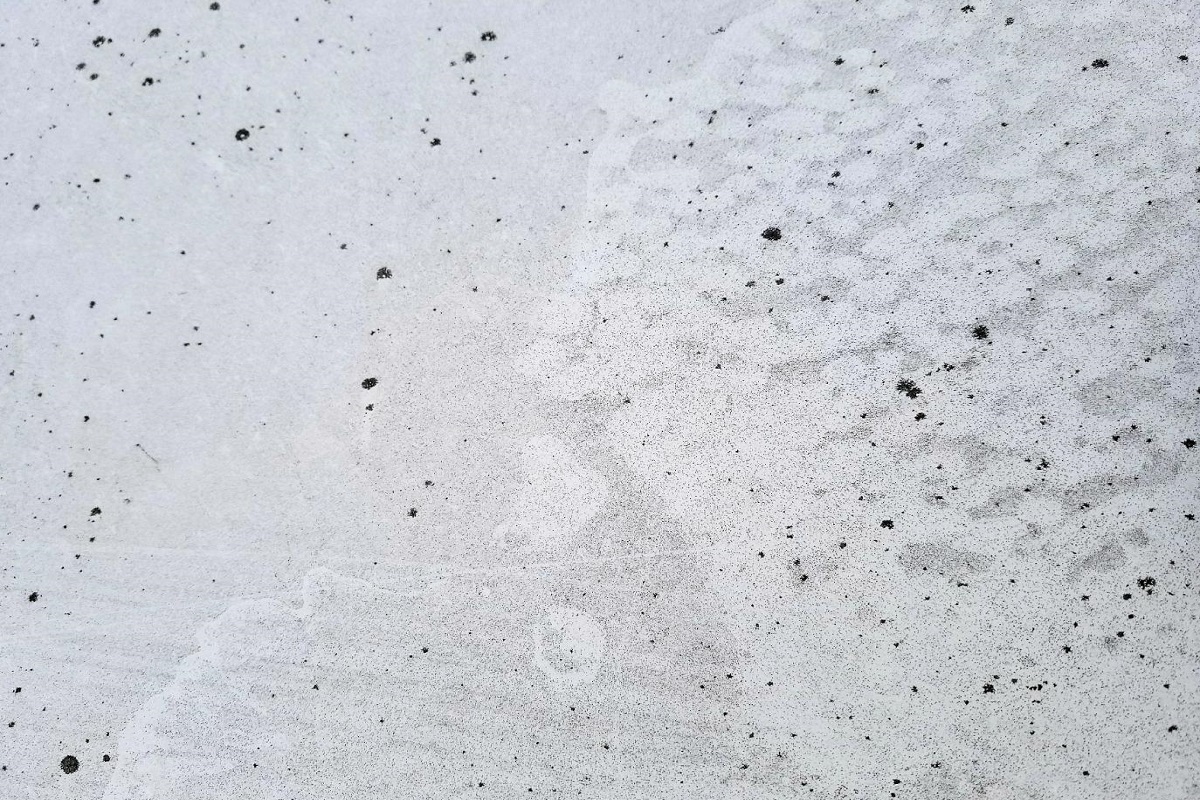
Understanding the Issue
 When you turn on your kitchen sink to wash dishes or fill a glass of water, the last thing you want to see is small black specks floating around in the water. Not only is it unappetizing, but it can also be a cause for concern. These black specks can range in size and quantity, but regardless of their appearance, it's important to address the issue and find a solution. In this article, we'll explore the possible causes of black specks in water from the kitchen sink and provide some tips on how to prevent and eliminate them.
When you turn on your kitchen sink to wash dishes or fill a glass of water, the last thing you want to see is small black specks floating around in the water. Not only is it unappetizing, but it can also be a cause for concern. These black specks can range in size and quantity, but regardless of their appearance, it's important to address the issue and find a solution. In this article, we'll explore the possible causes of black specks in water from the kitchen sink and provide some tips on how to prevent and eliminate them.
Possible Causes
 There are several potential reasons why you may be seeing black specks in your kitchen sink water. The first and most common cause is simply dirt and debris that has accumulated in your water pipes. Over time, sediment and other particles can build up in your pipes and break off, causing black specks to appear in your water. This is more likely to occur if you have older pipes or if your water source is from a well.
Another possible cause could be the deterioration of rubber or plastic components in your plumbing system. Over time, these materials can break down and produce black particles that make their way into your water. Additionally, if you have a water filtration system, it's possible that the filter needs to be replaced or cleaned. If the filter is clogged or dirty, it can release black particles into your water supply.
There are several potential reasons why you may be seeing black specks in your kitchen sink water. The first and most common cause is simply dirt and debris that has accumulated in your water pipes. Over time, sediment and other particles can build up in your pipes and break off, causing black specks to appear in your water. This is more likely to occur if you have older pipes or if your water source is from a well.
Another possible cause could be the deterioration of rubber or plastic components in your plumbing system. Over time, these materials can break down and produce black particles that make their way into your water. Additionally, if you have a water filtration system, it's possible that the filter needs to be replaced or cleaned. If the filter is clogged or dirty, it can release black particles into your water supply.
Prevention and Solutions
 To prevent black specks in your kitchen sink water, it's important to regularly clean and maintain your plumbing system. This includes flushing your pipes regularly and using a pipe cleaning solution to break down any buildup. If you have a water filtration system, make sure to follow the manufacturer's instructions for changing or cleaning the filter.
If you notice black specks in your water, you can try running the tap for a few minutes to flush out any debris. If the problem persists, it's best to contact a professional plumber who can inspect your pipes and determine the cause of the issue. They may recommend replacing any deteriorating components or installing a new filtration system.
To prevent black specks in your kitchen sink water, it's important to regularly clean and maintain your plumbing system. This includes flushing your pipes regularly and using a pipe cleaning solution to break down any buildup. If you have a water filtration system, make sure to follow the manufacturer's instructions for changing or cleaning the filter.
If you notice black specks in your water, you can try running the tap for a few minutes to flush out any debris. If the problem persists, it's best to contact a professional plumber who can inspect your pipes and determine the cause of the issue. They may recommend replacing any deteriorating components or installing a new filtration system.
Conclusion
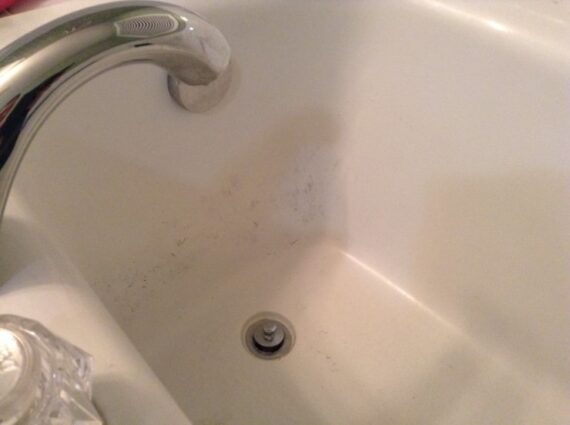 While black specks in water from the kitchen sink can be concerning, there are several possible causes and solutions. By understanding the issue and taking preventative measures, you can ensure that your water supply remains clean and safe for use. If the problem persists, don't hesitate to seek professional help and address the issue before it becomes a larger problem.
While black specks in water from the kitchen sink can be concerning, there are several possible causes and solutions. By understanding the issue and taking preventative measures, you can ensure that your water supply remains clean and safe for use. If the problem persists, don't hesitate to seek professional help and address the issue before it becomes a larger problem.







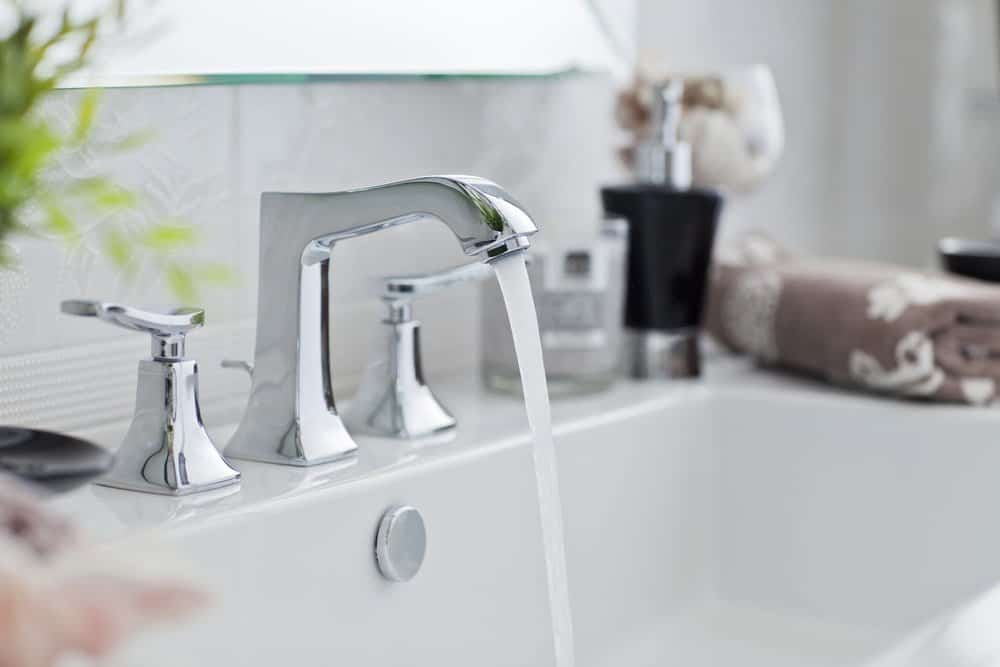
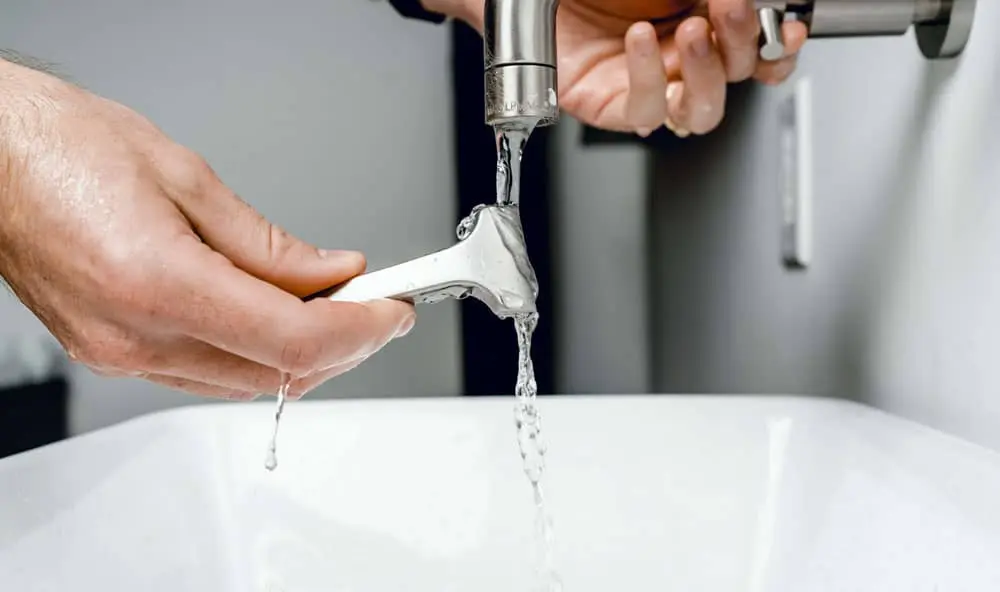


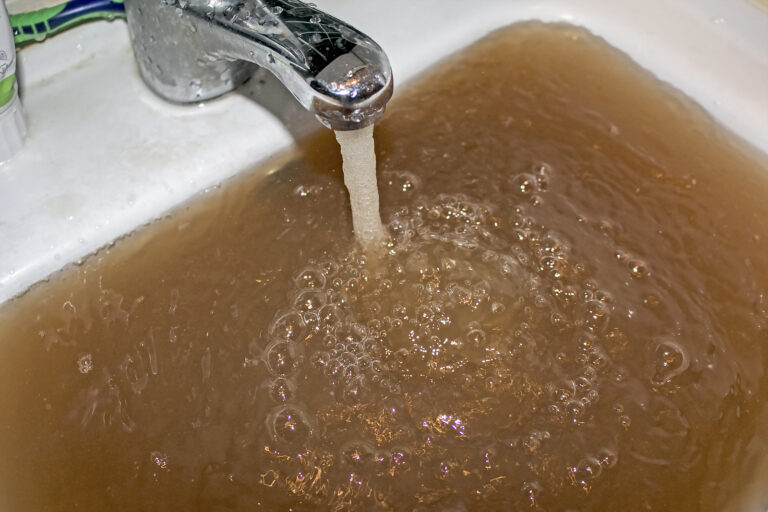

















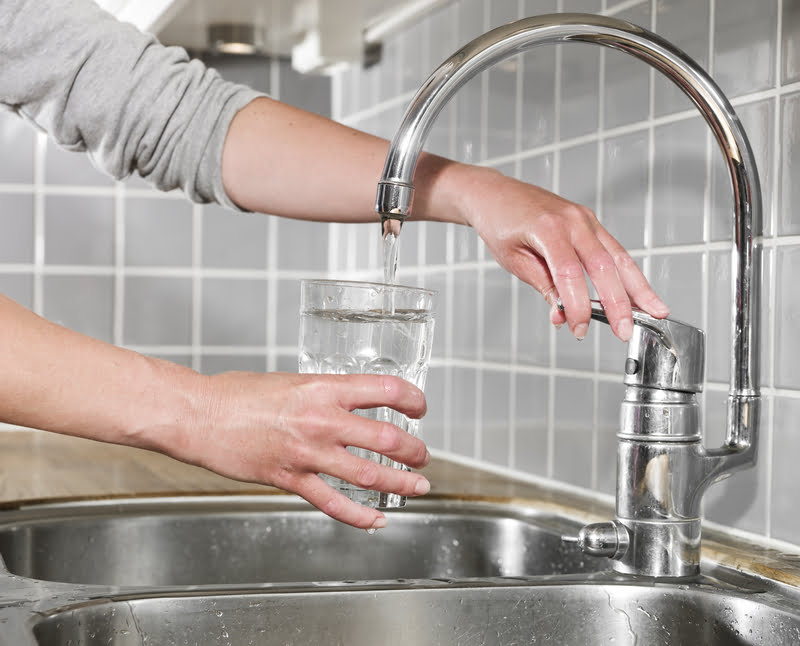


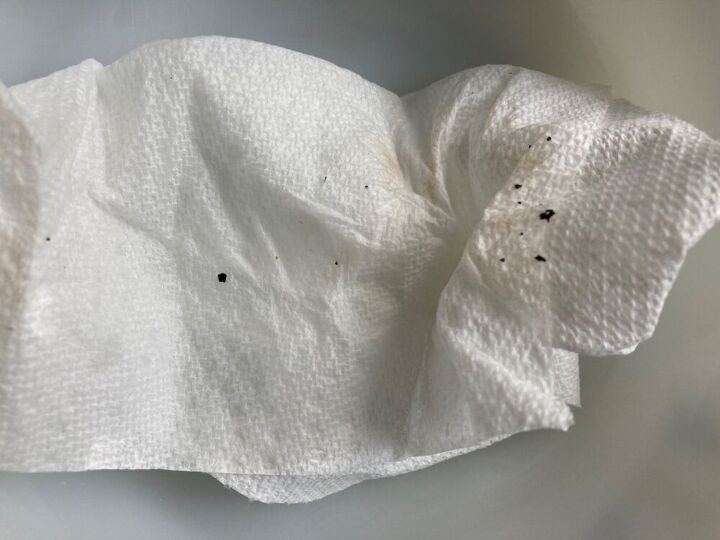
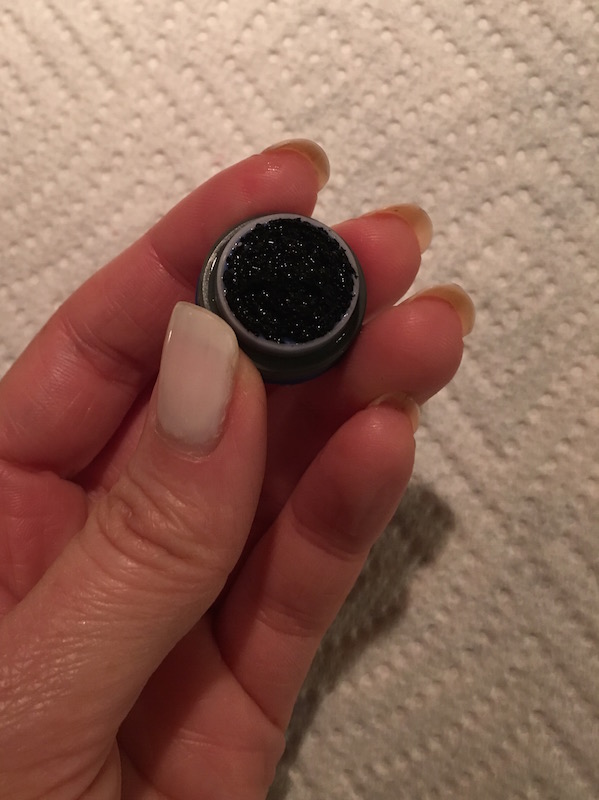



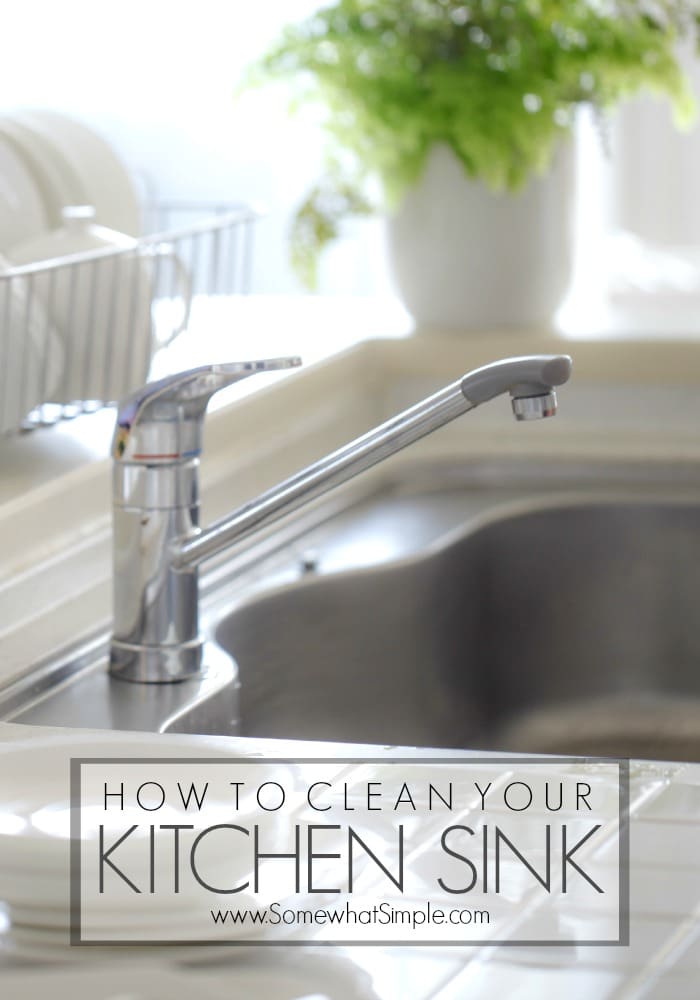








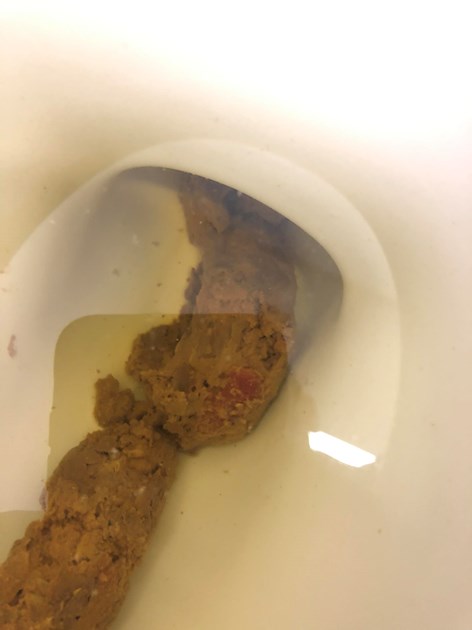



:max_bytes(150000):strip_icc()/Basic-kitchen-sink-types-1821207_color_rev-0b539306b9ef4236a136624ad2a89a4c.jpg)






:max_bytes(150000):strip_icc()/aerobed-opti-comfort-queen-air-mattress-with-headboard-93c9f99d65ee4cce88edf90b9411b1cd.jpg)

